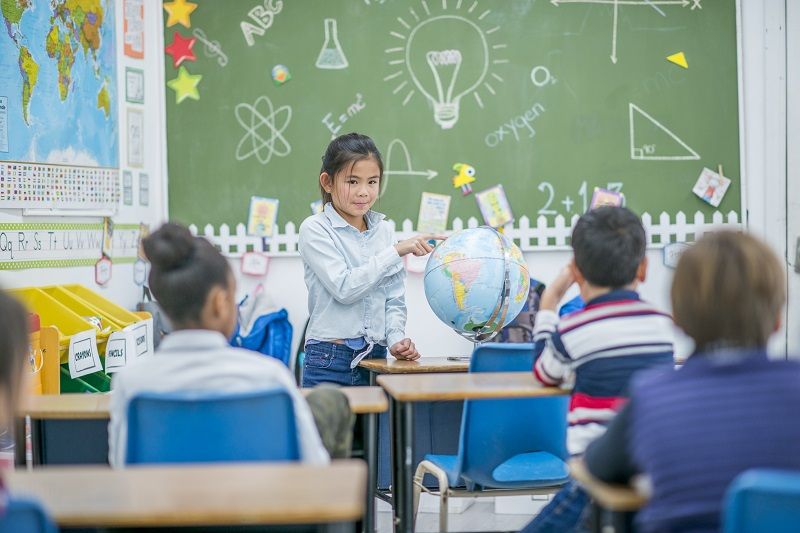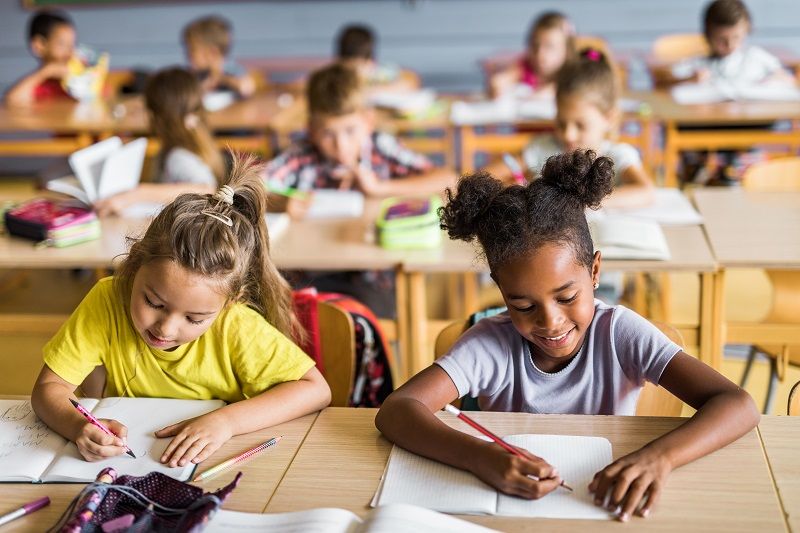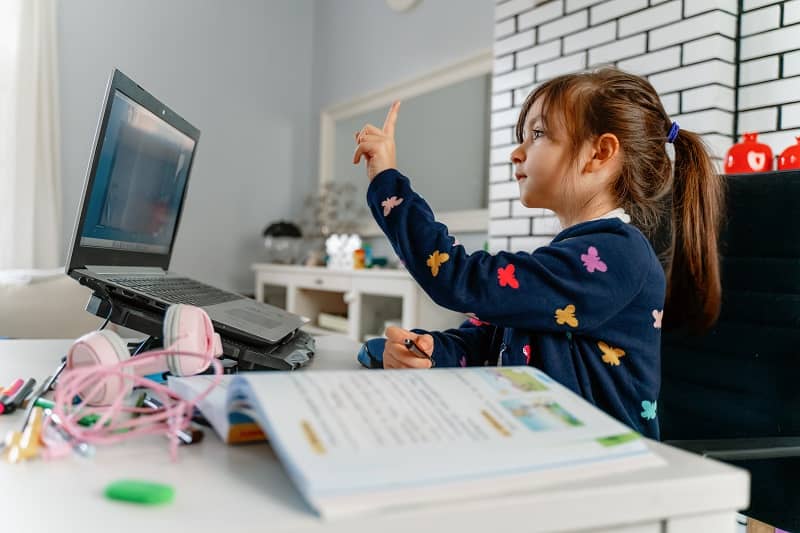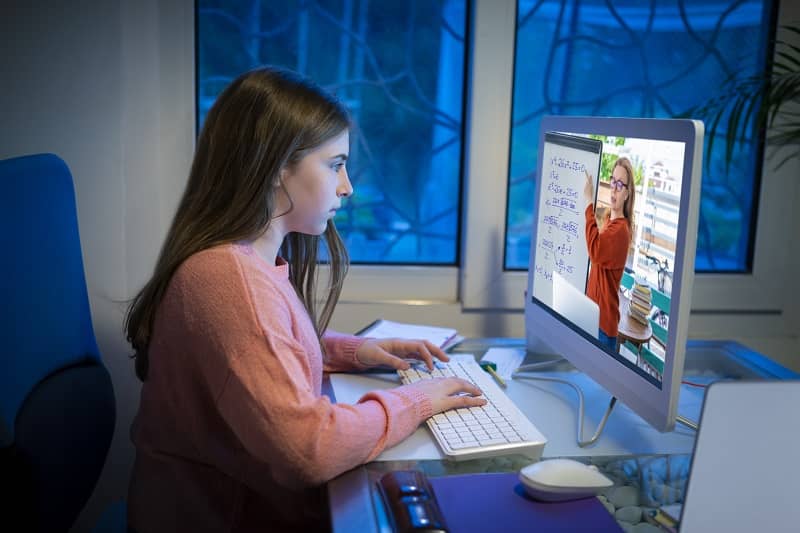Repurpose money from the Student Success Act to offset the cost to families who have given up work to support their kids’ online learning
By Eric Fruits, Ph.D.
Oregon Department of Education recently announced relaxed guidelines for school reopenings. The new guidelines provide a roadmap for districts in the Portland area and much of the state to roll out in-person instruction for elementary school students. Regardless of the new guidelines, it is looking more likely that many of Oregon’s largest school districts will not return to full-time, in-person instruction for all students this year.
Earlier this month, the presidents of teachers unions representing Oregon’s five largest school districts sent a letter to Governor Kate Brown. The letter demanded all school staff be “fully vaccinated” before schools reopen for any in-person instruction. If all goes well, that means mid-February would be the soonest that schools can reopen.
Even if all goes well, be prepared for some moving goal posts. Some union representatives are saying schools should not reopen until all students are vaccinated. Because school aged children are the lowest priority population for vaccines, it could be a year or more before they can return to the classroom under this standard.
Meanwhile, extended closures are taking a toll on students. McKinsey & Company found that during the pandemic, students have learned only 67% of the math and 87% of the reading that grade-level peers would typically have learned. The Journal of Adolescent Health published a study comparing the learning difficulties of adolescents with and without attention-deficit hyperactivity disorder after schools closed last spring. The study reports students with ADHD had significantly more difficulties with remote learning than the students without a diagnosis. McKinsey’s research finds a growing racial and socioeconomic achievement gap associated with COVID-19 school closures.
The governor admits her emergency orders have put families with children “in a bind.” Her budget concludes, “One out of six Oregonians…have kids, work in an occupation that cannot be done remotely, and do not have another non-working adult present in the household…these 350,000 or so Oregonians are in a bind. They face the tradeoff between going to work or taking care of their children….”
Families are struggling with bills while parents give up work to manage their kids’ Zoom schools. At the same time, the state projects increased tax revenues. It’s time to compensate families for the sacrifices they are making in the name of public health. When government actions deprive people of their property and livelihoods, the people have a right to compensation. This is especially true during emergencies, when jobs are lost and lives are upended. Shuttering schools has placed an enormous burden on families who have had to give up on job opportunities while spending more money adjusting to online learning.
One way to cover some of the costs to families would pay families for every scheduled day of instruction in which a student’s school is closed to the student for in-person instruction because of a governor’s emergency orders. Compensation could be paid on a sliding scale: $20 a day through fifth grade, $10 a day for middle school, and $5 a day for high school students. The compensation would also apply to “hybrid” school closures, since it would compensate families for days their students cannot attend school in-person. It would also apply to cases in which a governor’s orders close online schools that do not normally provide in-person instruction.
There is a precedent for such compensation. For example, Oregon law provides for compensation for property taken during declared emergencies. ORS 401.192(3) specifies, “When real or personal property is taken under power granted by ORS 401.188 (Management of resources during emergency), the owner of the property shall be entitled to reasonable compensation from the state.”
To be sure, this proposal raises the question of where the money would come from. Last year was the first year of Oregon’s Corporate Activity Tax. The state’s economist predicts more than $1 billion of revenue from the CAT for the 2019-21 biennium. That money is earmarked for “student success.” If we are truly “all in this together,” then now is the time to repurpose those funds to support student success by compensating the families who are giving up so much to help them succeed.
Eric Fruits is Vice President of Research at Cascade Policy Institute, Oregon’s free market public policy research organization. A version of this article was published in the Portland Tribune on January 24, 2021.












